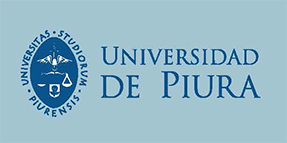LA PERSECUTORIEDAD DE LOS CRÉDITOS LABORALES
DOI:
https://doi.org/10.26441/RD22.1-2021-DN2Keywords:
labor credits, persecution, privilege, wage guarantee fundAbstract
The authors analyze the privilege of labor credits and their persecutory nature, in the light of the Constitution, the legislation and the criteria established by the Supreme Court. In Peru, both the privilege of labor loans and their persecution are absolute, that is, without any limit on the ceiling of these debts. This condition harms the non-labor creditors of an employer in the framework of a bankruptcy process, as well as third-party purchasers in good faith of the assets transferred by the employer. The damage is reflected, both in terms of the amount, and in the fact that the Supreme Court has granted constitutional hierarchy to the privilege of persecution, which prevents other legally recognized rights, such as that of third party acquirers in good faith registration for onerous title, regulated in the Civil Code, is not enforceable because it is considered of lower rank. The feasibility of limiting the privilege of labor credits is weighed, taking into account the experience of other countries, as well as the contributions of academic doctrine, in order to balance the collection rights of an employer’s creditors, without undermining the right from the workers. The article first develops the nature, definition and justification of labor credits in the current regulatory framework. Then, its persecutory nature, the assumptions and assumptions of application, taxpayer and assets on which it falls. And, finally, the decision of the Supreme Court to grant constitutional status to the right to prosecution.






